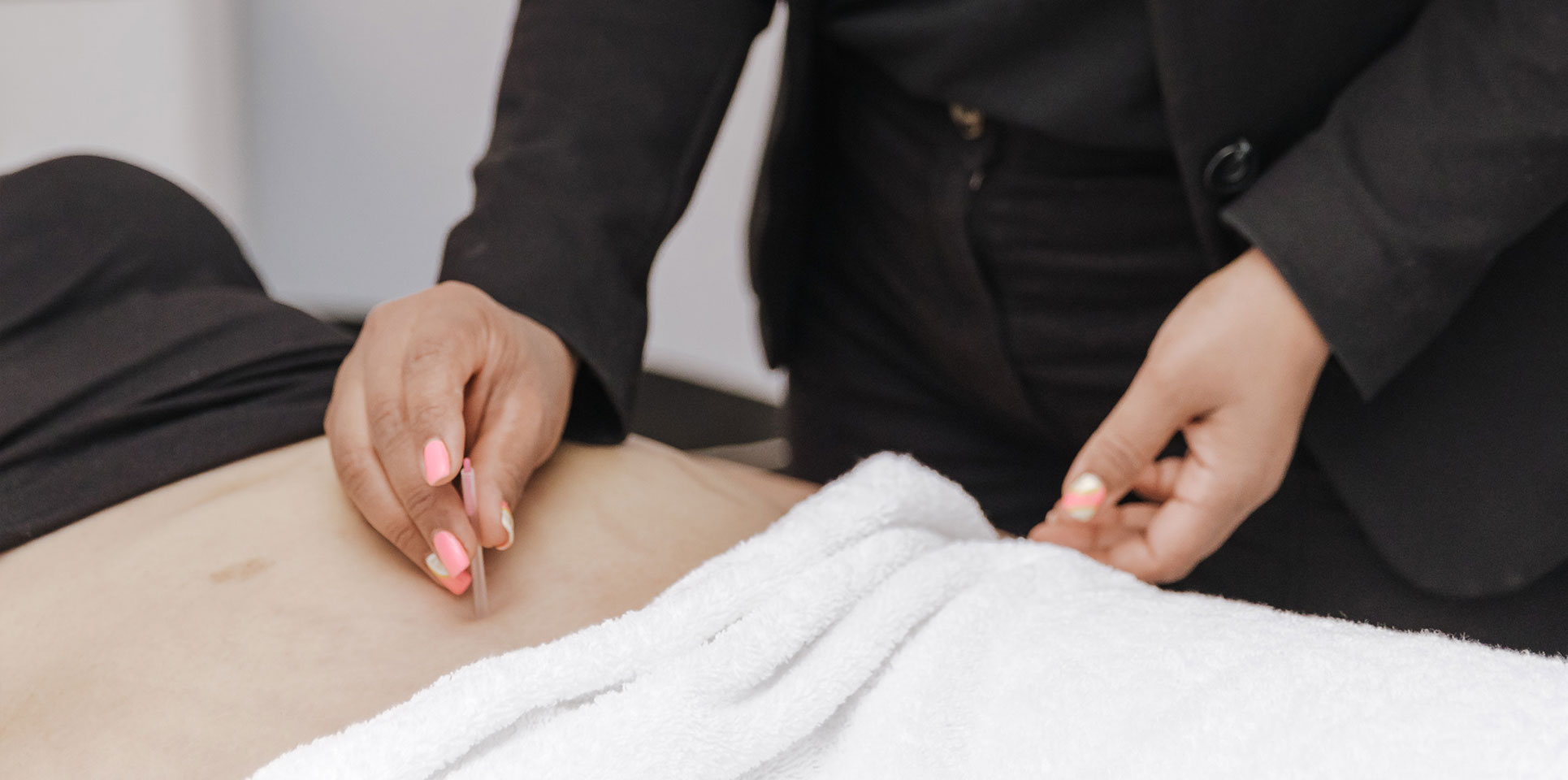
Lifestyle Changes
How can you prepare for pregnancy?
It is important to prepare yourself for pregnancy so that you have the best chance of having a healthy baby.
Visit Your Doctor
The first thing you should do is see your Doctor for a health check. You will need a physical examination including blood pressure check, a breast check-up and your pap smear should also be up to date.
Have routine pre-pregnancy blood tests to ensure that you are immune to rubella/measles/ mumps and chicken pox. Your partner should have the same screenings.
Check your iron, vitamin D and vitamin B12 levels.
Check your thyroid as this can be linked with infertility and miscarriage.
Get screened for celiac disease as this can be linked with infertility and miscarriage.
You should also have a urine test to check for bacteria that can affect your fertility – Chlamydia/gonorrohea/ureaplasma/mycoplasm
Start a pre-pregnancy or pregnancy vitamin
There are many pregnancy vitamins on the market. Ask your Doctor to recommend the best vitamin for you. Your pregnancy vitamin should have iodine (it is important for your thyroid and the baby’s brain development) and at least 400mcg of folic acid. Patients with overactive thyroids should not take folic acid.
Fish oil and omega 3 should be taken as well as it can help with your baby’s brain development.
No.1 Fertility 12 Pre-pregnancy tips
1. See your Doctor for pre-pregnancy check-up and bloods including a thyroid check
2. Start a pregnancy vitamin
3. Use an ovulation kit to help you time ovulation
4. Have regular sex around ovulation
5. Exercise regularly
6. Eat healthy and organic
7. Maintain a healthy weight BMI 20-25
8. Use sperm friendly lubricant
9. Avoid smoking
10. Limit or avoid alcohol
11. Manage stress with meditation, exercise, sleeping, yoga, acupuncture
12. Cut down Caffeine
Change your lifestyle
Poor lifestyle can result in a lower chance of becoming pregnant and can cause damage to eggs, sperm and babies.
Smoking – lowers your chance of conceiving, damages your egg bank, and impacts the quality of your eggs and sperm. It may result in permanent health issues for your baby such as childhood cancers.
If either of you are smoking, we strongly recommend you see your Doctor for advice on how to stop.
Alcohol – There are no guidelines for safely consuming alcohol when trying to conceive, so it is best to stop drinking if you are trying to have a baby.
Alcohol can damage your egg and sperm quality and can lead to permanent damage of your baby if you drink when pregnant.
Caffeine – Caffeine is in tea, soft drink, energy drinks, chocolate, tea, green tea and coffee. It is linked with lower fertility and increased miscarriage. Try and limit caffeine intake to 200mg a day (this is about 2 cups of coffee a day or 2-3 cups of tea).
Diet – Being healthy prior to conception increases your chance of becoming pregnant and reduces the incidence of birth defects. Your diet should include a range of fruit and vegetables (try and eat organic) and complex carbohydrates (apples, beans, peas, whole grains) and healthy protein (legumes such as quinoa) and healthy fats (such as avocado). Calcium should be part of your diet in low fat milk products or calcium supplements.
Avoid fatty takeaway food, fish with high mercury levels (shark, mackerel, swordfish and some tuna). Avoid diet soft drink and drinks with high sugars. Try and eat organic.
Weight – being overweight or underweight can affect your chances of falling pregnant . Being overweight is linked with increased pregnancy complications such as miscarriage, abnormal babies, high blood pressure, preterm labour and diabetes.
If you are overweight or underweight you should see your Doctor for advice.
Exercise – Exercise can help you conceive in many ways as it reduces stress and helps you maintain a healthy weight. Try and exercise for 45 minutes 5 times a week.
We know lifestyle change is sometimes difficult therefore just reach out to one of our nurses or counsellors if you need some help!